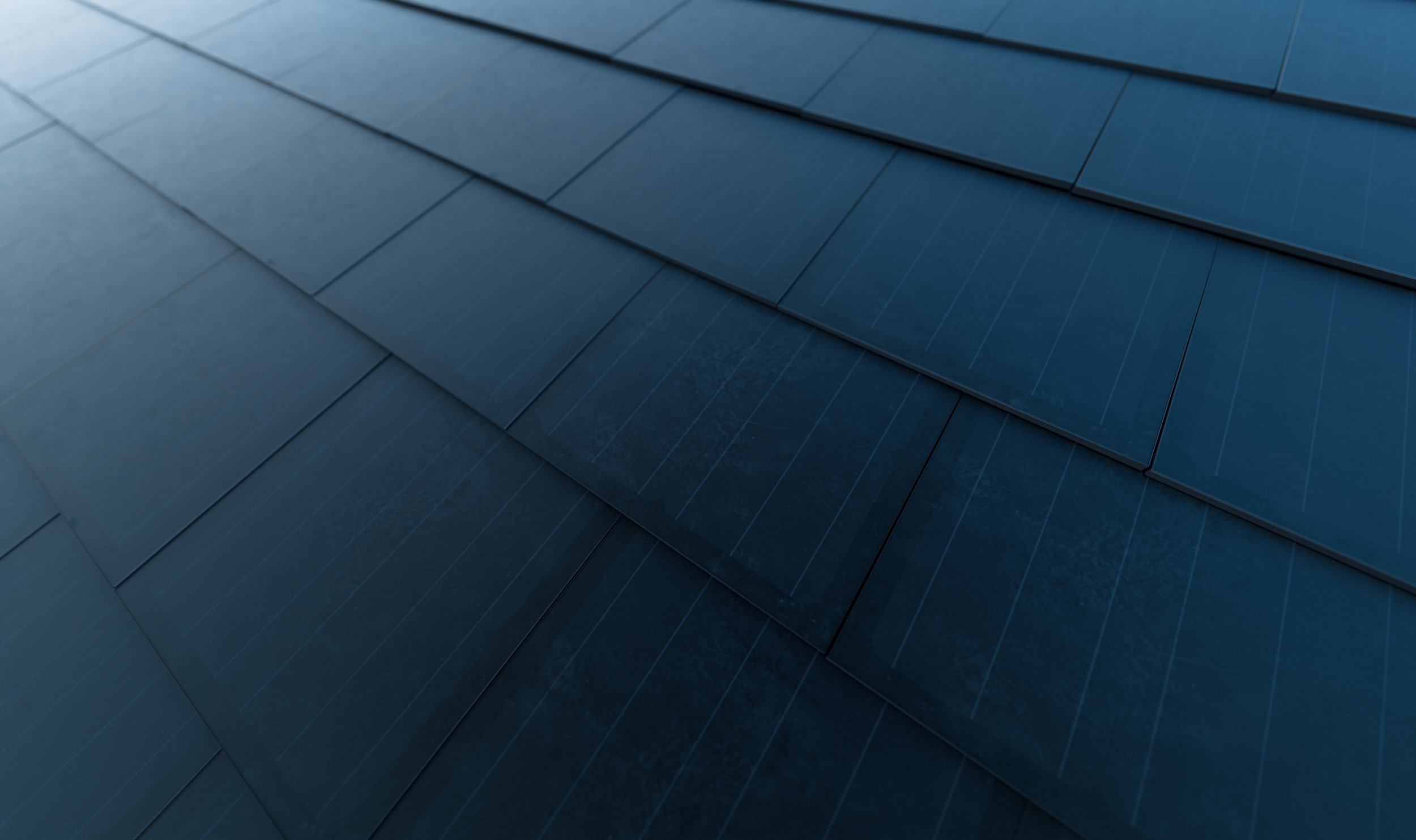
I Need a Battery to Power My Excess Solar Energy/Power My Home at Night
Most utility companies servicing Florida feature a net metering program. This arrangement allows the excess solar energy produced during daylight hours to pass through your meter and get pushed back into the grid and delivered to other utility customers. When the sun goes down, and your solar panels are no longer generating power, your meter will resume spinning forward. The intent is to determine from your energy assessment how much electricity you need to power your home so that your production during the day offsets your home’s consumption at night after the sun has set. In some states, the utilities charge variable rates during different times of the day. (This might be termed as “peak” usage periods) Therefore, a battery can make sense in those instances; however, none of the major Florida utility companies (TECO, DUKE, FPL, OUC, KUA) currently participate in this program. So you need not concern yourself with installing a battery system for nocturnal energy consumption purposes.
Consequently, the only reason to get a battery in Florida is if you want to power your home in the event of a widespread outage. Floridians are keenly aware of blackouts attributed to severe weather events. In the event of power loss, the local utility companies will send crews to work on restoring service. Remember, under normal operating conditions, your solar energy system is feeding electricity back into the grid. So during power outages, your solar system is automatically deactivated to ensure no linemen working on the utility lines would be in danger. Therefore, the only way to power your home with solar in the event of a blackout is to have an energy storage option on-site in the form of a battery.
There are many options for energy storage. Different batteries will back up different types of loads in your home. For example, consider the battery on your phone for a moment: when you use your phone to receive incoming calls and other basic functions, the battery can last for multiple days. However, the battery may be drained very quickly if you watch streaming video on your phone while it is in roaming mode. The same is valid for energy storage. What you back up in your home determines how long a battery can last without recharging. If you want to look into energy storage options, you will need to decide which amenities you want to back up when you need power and customize an energy storage solution that meets your goals.
Many batteries might be covered by warranty for only ten years yet financed for over 20 years! You probably don’t want to be making payments on something no longer working. If you have a 20 or 25-year warranty for your solar system, it will not include the battery. (Fine print can be a real headache!)
It is important to remember that even if you have energy storage and produce all your power for your home, you still cannot disconnect from the power company’s grid. Basic service connection charges will still apply to keep the grid operating and maintained. Want to chat more? Contact us today.



